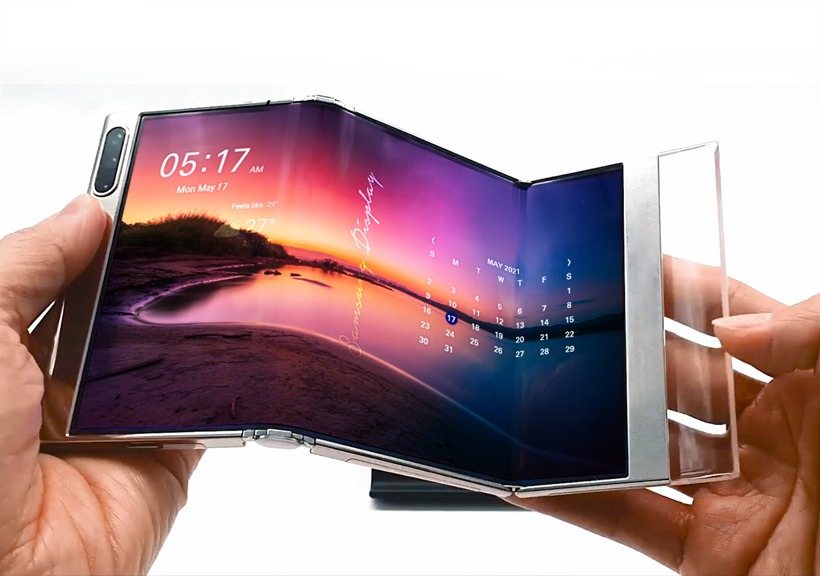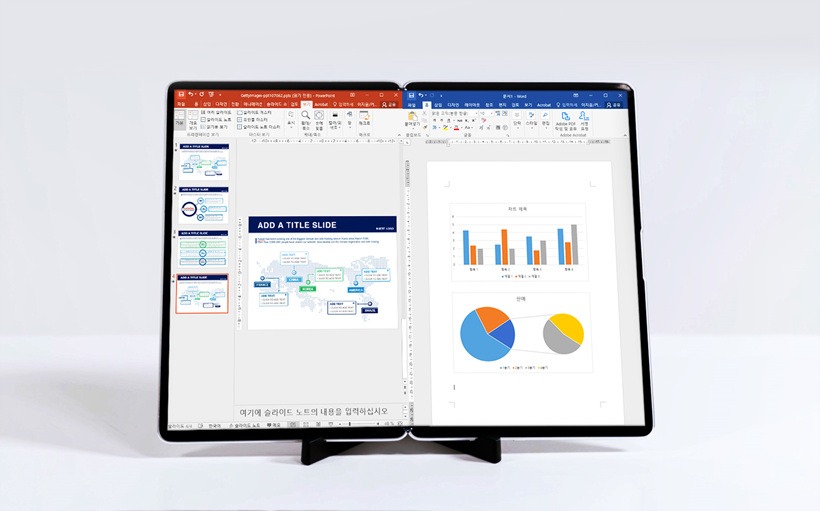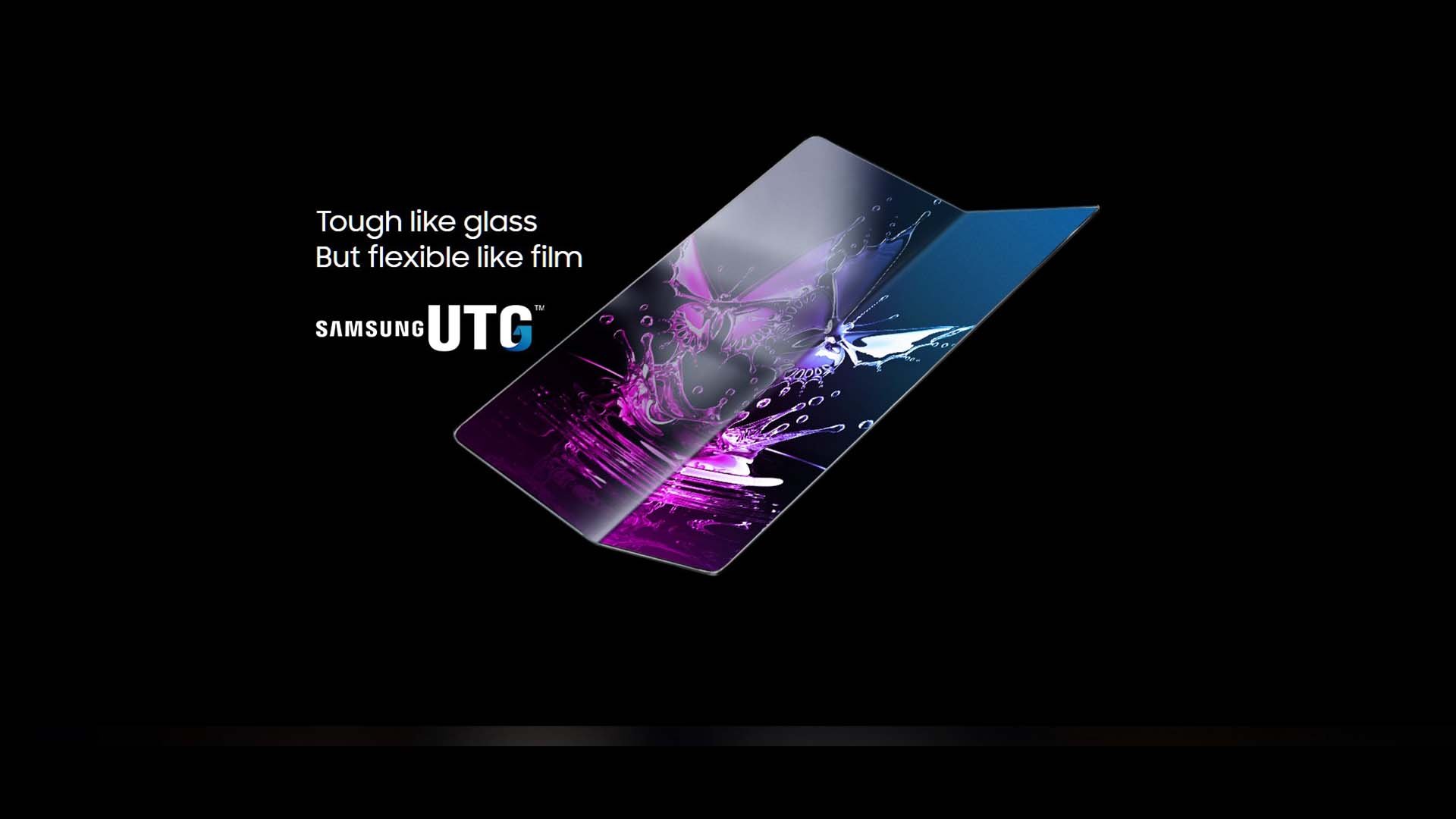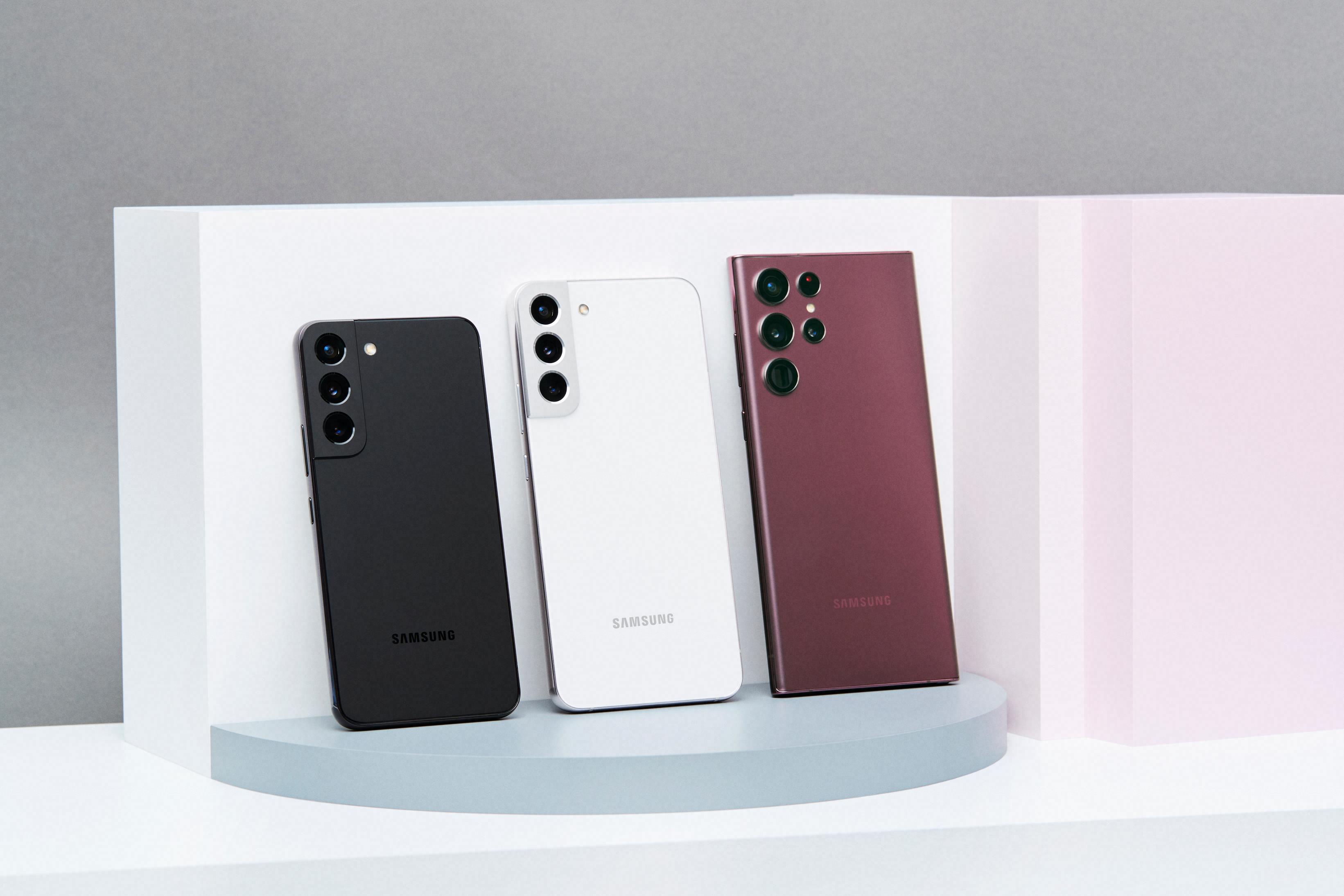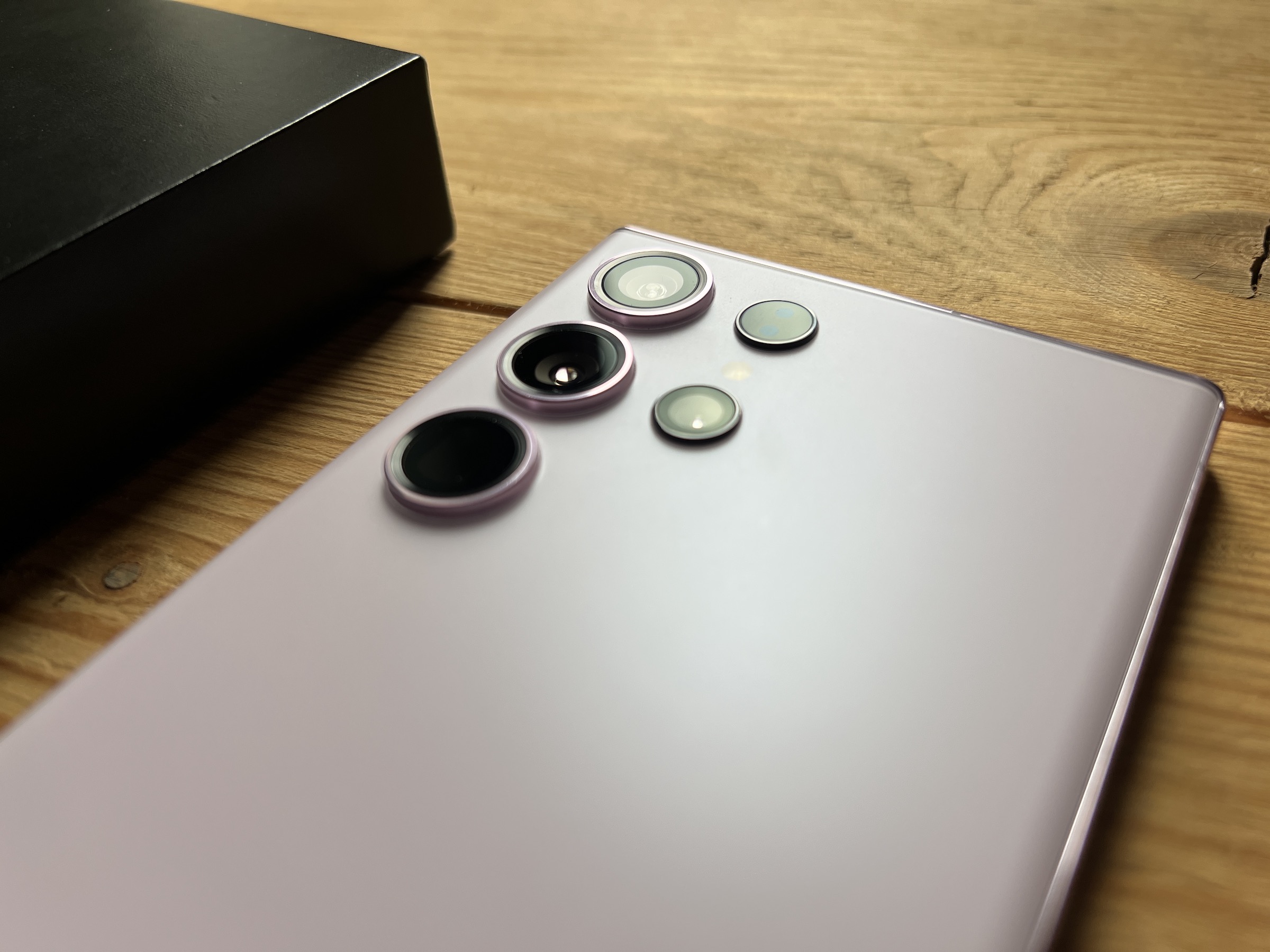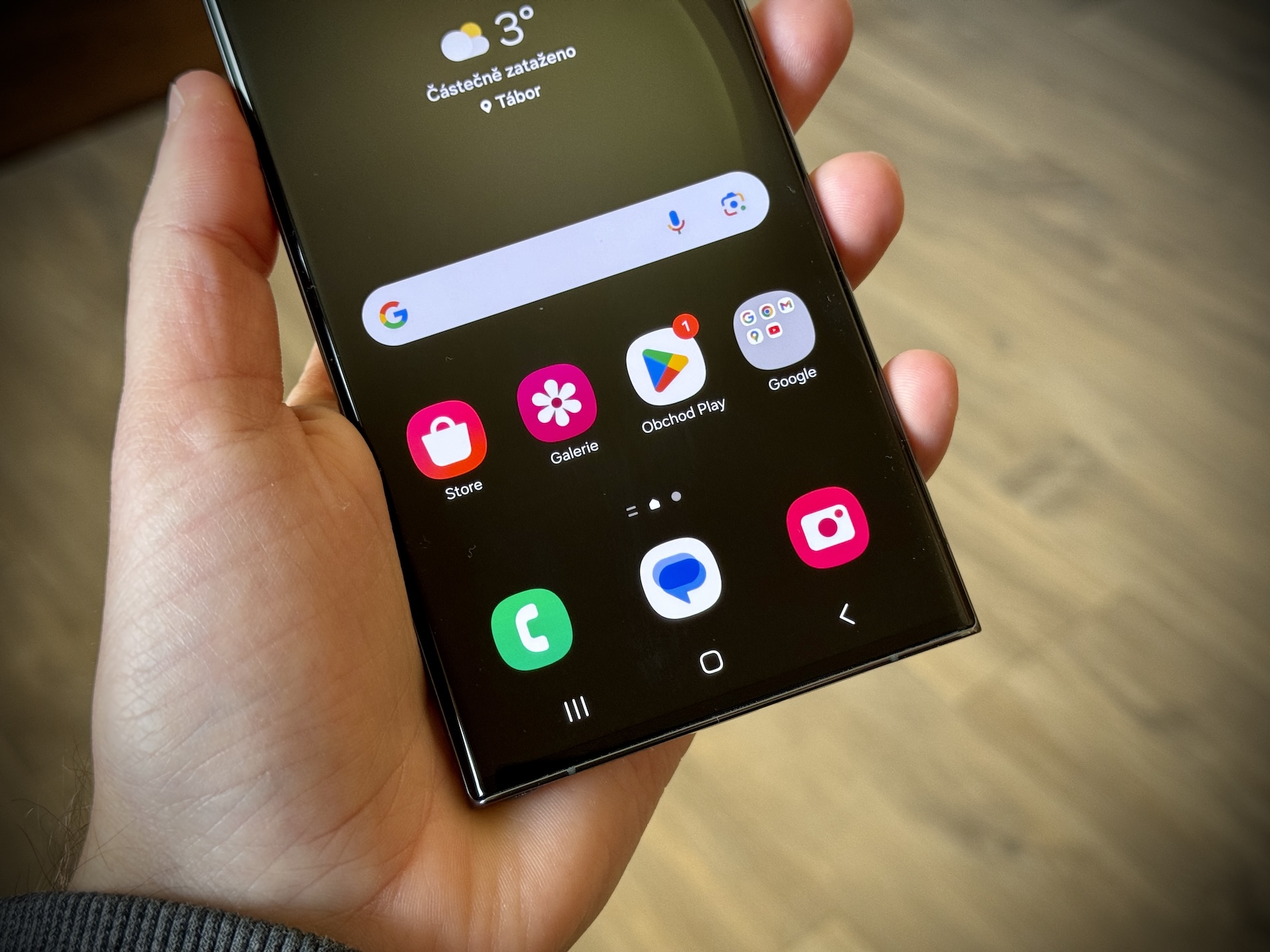Samsung's flexible phones have come a long way in terms of durability, thanks in large part to advances in Ultra Thin Glass (UTG) technology. However, as flexible displays get bigger, the expanded UTG substrate could become more of a problem than a solution, so the Korean giant is reportedly considering switching to PI film for its future foldable tablets and notebooks.
Samsung has big plans for its flexible display technology, and they don't just involve smartphones. It has previously shown this technology in other form factors, including foldable tablets and laptops. However, the Korean giant is reportedly concerned about the durability of these panels due to their size.
As the website says The Elec, Samsung's first flexible tablet or laptop does not need to use UTG at all. The company is said to have considered all the pros and cons of using UTG and transparent polyimide (PI) film at the same time and should have concluded that it was not feasible. Instead of combining both solutions, she decided to keep only the PI foils for the time being.
You could be interested in
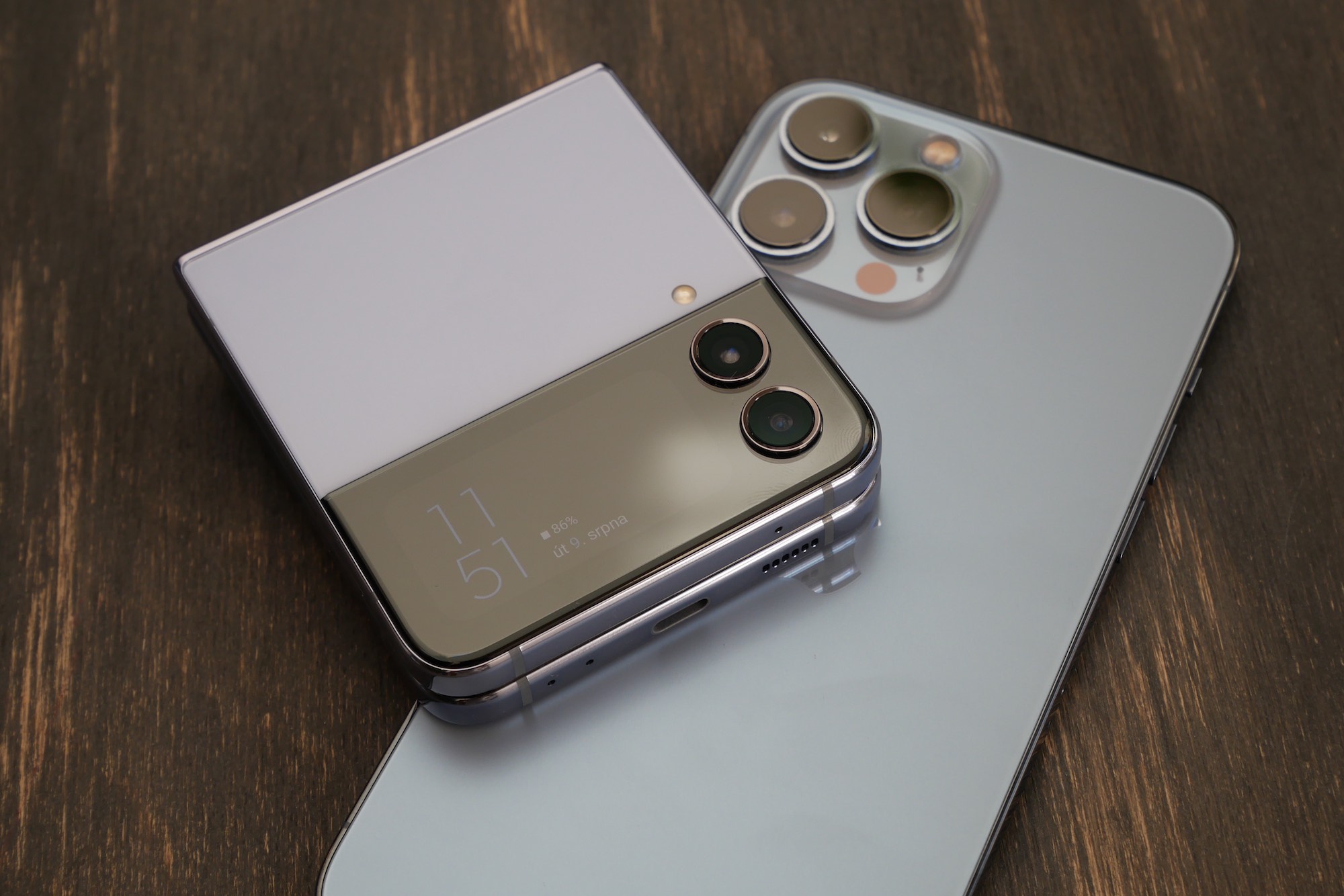
Samsung used PI film for the first time with its first flexible phone Galaxy Fold, launched in 2019. All its other puzzles already used UTG, which is a better solution than PI. More precisely, a better solution for small enough devices. For large-screen tablets and laptops, UTG seems to be too fragile, so Samsung will have to go back to PI for them, or find some completely new solution. His first folding tablets could arrive early next year, we can only speculate about the introduction of the first flexible laptop at this point.
